
Acute Myeloid Leukemia
The latest news, research, and perspectives in acute myeloid leukemia (AML). AML, an aggressive blood cancer, is the most common type of acute leukemia in adults and most often develops when myeloid cells that normally develop into the various types of mature blood cells instead form abnormal myeloblasts.
Advertisement
Advertisement
SENTI-202, a first-in-class, off-the-shelf, logic-gated CAR-NK cell therapy, is currently being evaluated in a phase 1 trial.
Dr. Bhatnagar shared her research interests on rural disparities in AML and her experience working in a community setting.
Ziftomenib shows strong, lasting responses in R/R NPM1-mutant AML, according to KOMET-001 data shared at EHA 2025.
Talazoparib plus GO shows early signs of activity in relapsed/refractory AML, warranting further study, per EHA 2025 poster.
Azacitidine plus valproic acid is a safe and feasible maintenance regimen for patients with high-risk AML and MDS after HSCT.
Experts discuss early detection in myeloid malignancies, from current challenges to future innovations.
ADP-heptose in the intestines of older individuals accelerates the expansion of pre-leukemic blood cells.
Studies have shown that oncologists are leaving the workforce at increasing rates in association with growing workloads.
Sankalp Arora, MBBS, a second-year fellow at MD Anderson, presented data on FLT3 inhibitors in AML at the HemOnc Pulse Live.
Results from the phase 1b study suggest venetoclax plus modified chemotherapy is an effective and well-tolerated approach.
Tuspetinib in combination with venetoclax and azacitidine showed promising clinical safety and antileukemic activity in AML.
Presented preclinical model data show significant efficacy against AML cell lines with FLT3, KMT2A, NPM1, and TP53 mutations.
LucyRx’s pharmacy network includes Northwestern Medicine Specialty Pharmacy, Dana Farber Cancer Institute, and more..
Mice treated with CLK3 TCR9-T cells had a significantly lower tumor burden than those who received control treatments.
Kelly Chien, MD, discusses how disparities in access to care, resources, and molecular testing impact outcomes in AML.
CR1-02 was well-tolerated and led to stable disease in patients with relapsed or refractory AML.
The ASCO Association Board Chair has written letters to the new heads of the CMS, FDA, and NIH.
The Community Oncology Alliance outlined solutions for Congress to address systemic challenges of the U.S. healthcare system.
The investigational small molecule enzomenib has received FDA Orphan Drug and Fast Track designations in AML.
GPC-100 is a a small molecule CXCR4 inhibitor that showed promising preclinical activity in combination with cytarabine.
The award provides early-career researchers at NCCN Member Institutions with $150,000 in funding to support cancer research.
Blood Cancers Today delivers the latest news, education, and information relevant to hematologic oncology patients and practices.
Sign up to receive Blood Cancers Today eNewsletters:


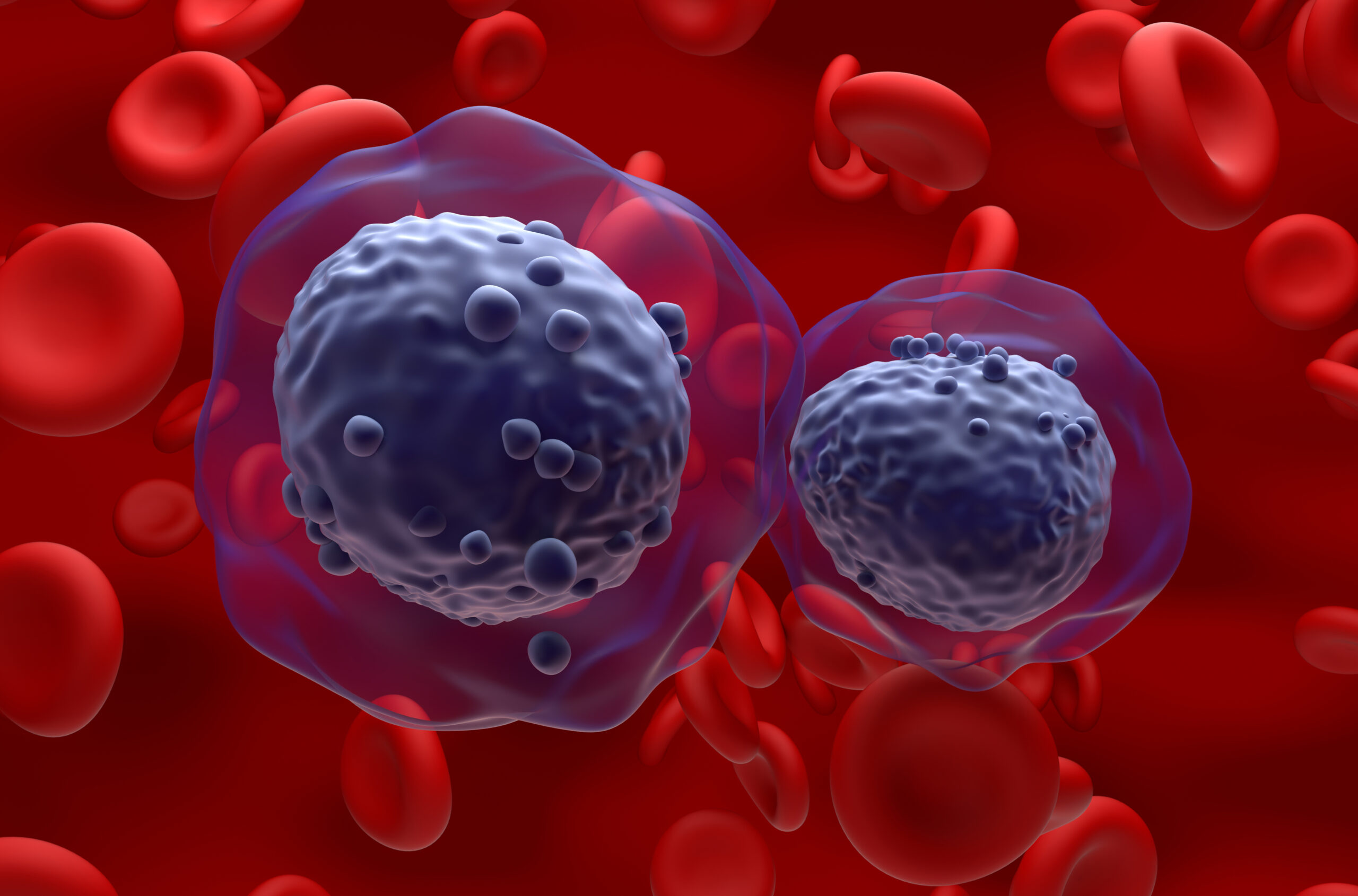
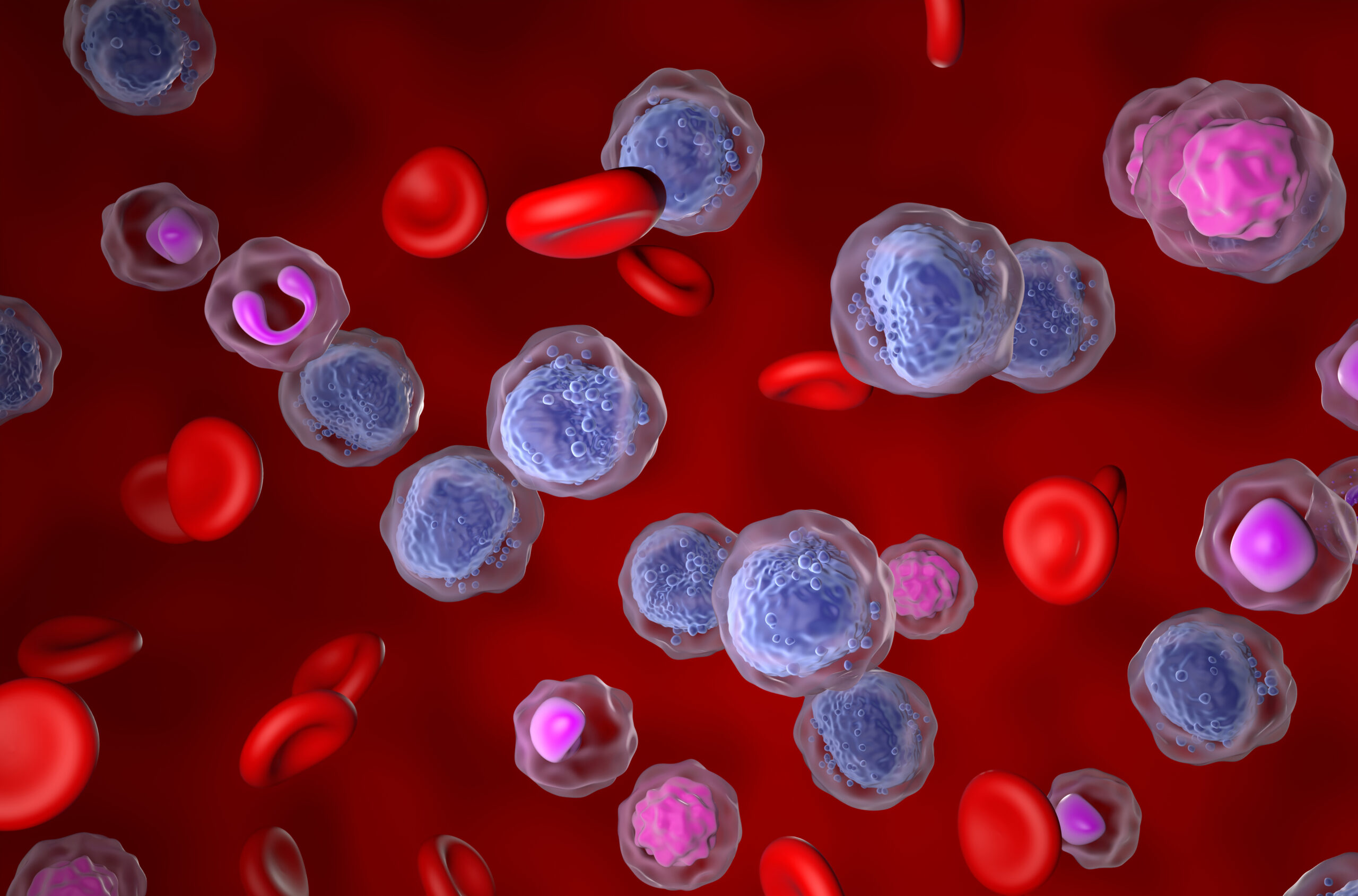




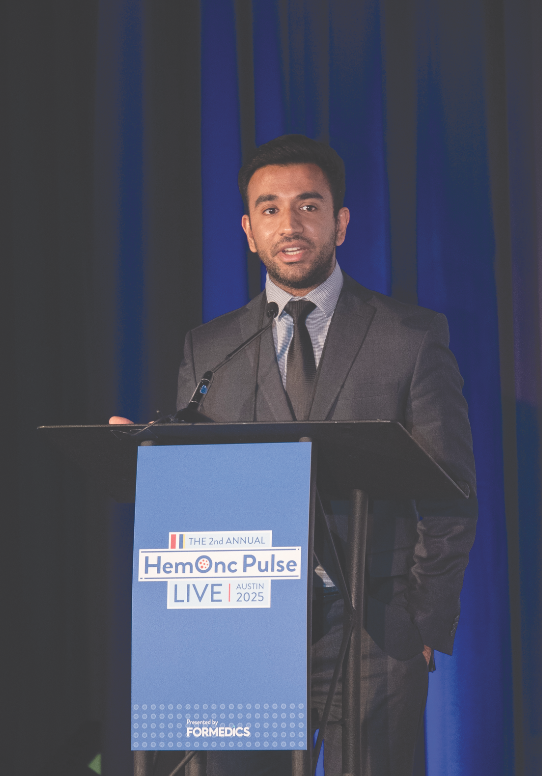
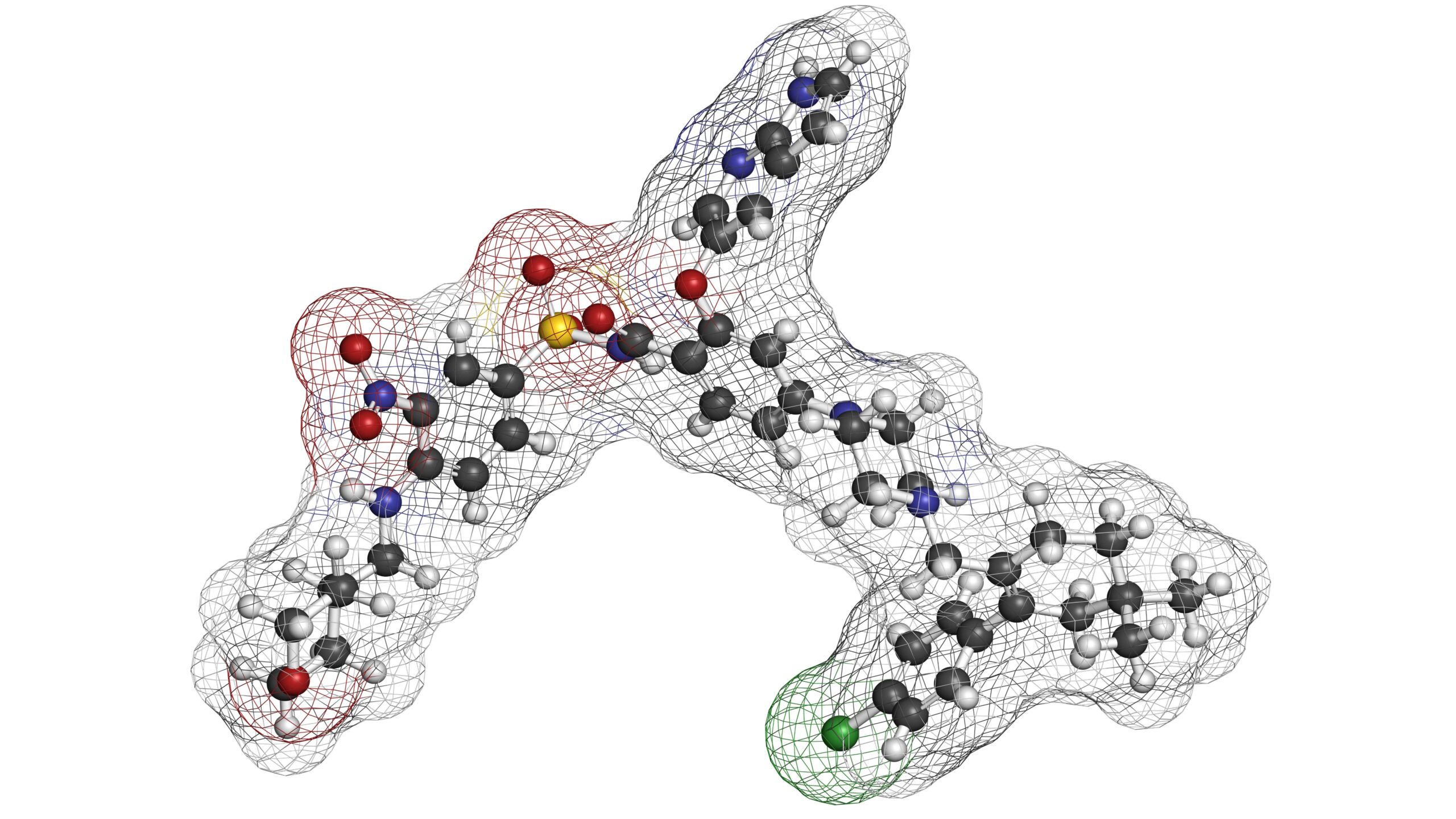

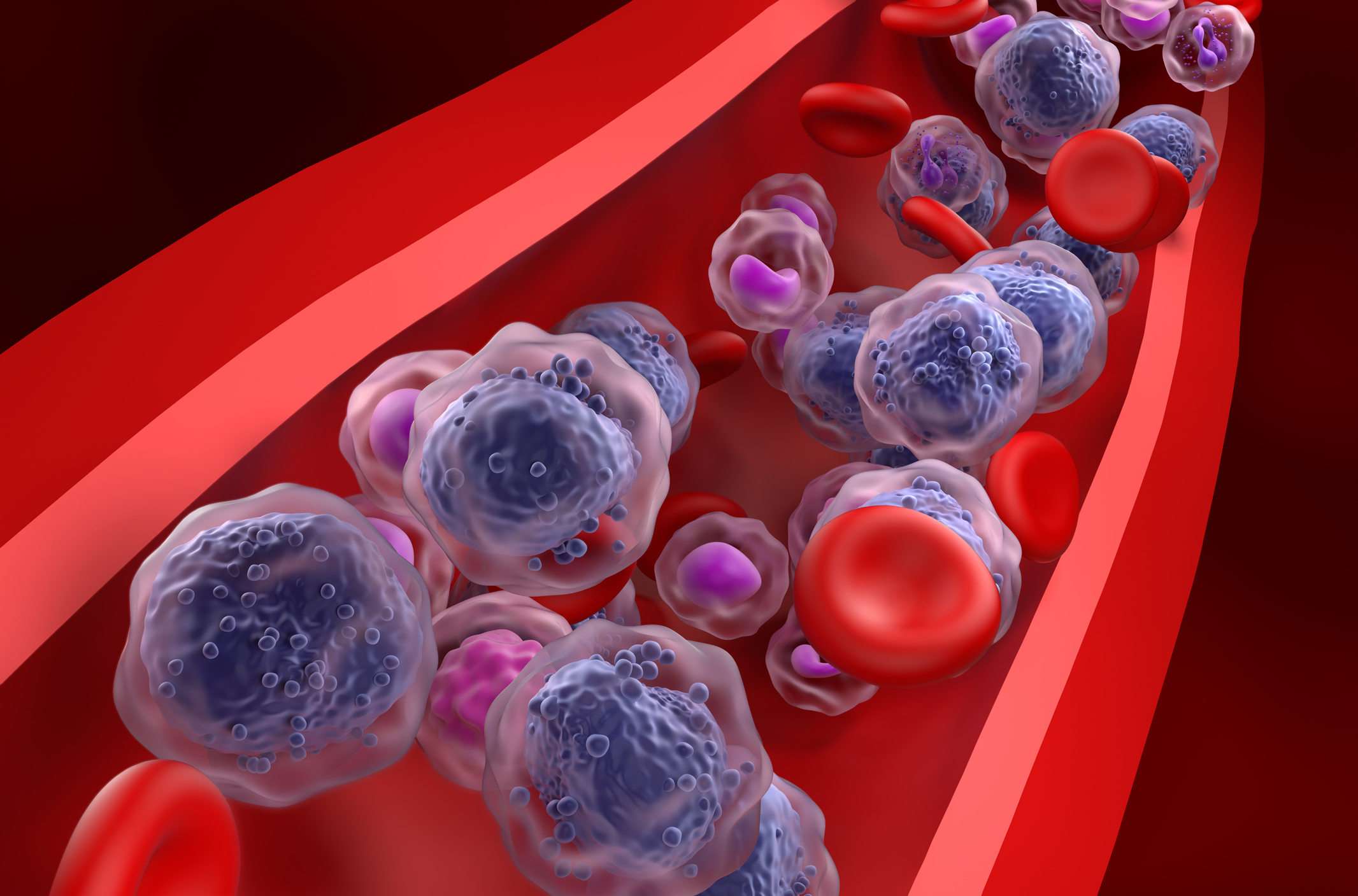


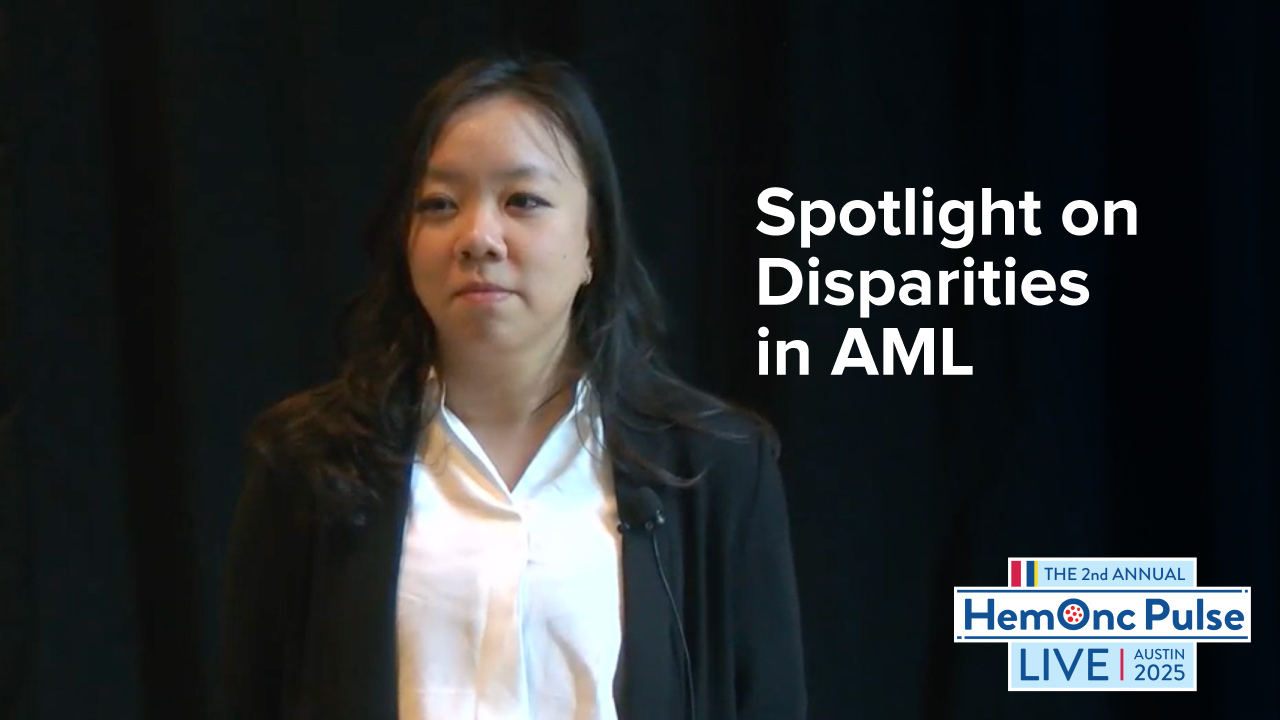







 © 2025 Mashup Media, LLC, a Formedics Property. All Rights Reserved.
© 2025 Mashup Media, LLC, a Formedics Property. All Rights Reserved.